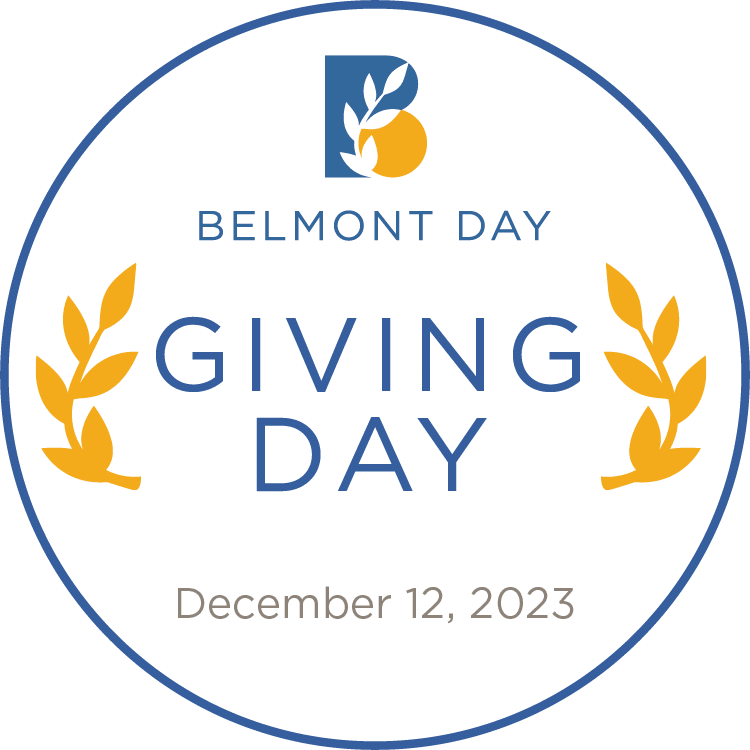A Love of Reading
Thanksgiving break always seems to arrive just in timeLabor Day to Thanksgiving provides the longest stretch of uninterrupted school days we will have all year long and everyone is ready for some down time, family time, turkey time or, as is the case in my house: curl-up-with-a-good-book time. Annually, the quiet that comes with that tryptophan-induced sleepy Thursday afternoon offers an ideal time for our family to reacquaint ourselves with the magic of literature.
This year, before finding my book-du-jour, I was drawn to articles reinforcing and rearticulating the value of reading longer texts. One article in particular, the Wall Street Journal’s “The Need to Read,” linked here, captures the essence of my belief about the magic. Reading is not simply an exercise in escapism, neither is it an antiquated approach to learning. To the contrary, reading helps us reconcile the here-and-now in meaningful and 21st century-relevant waysas critical thinkers, strong communicators and, perhaps most importantly, excellent and creative storytellers in our own right.
Consider some of the great storytellers available to us: from non-fiction biographies by McCullough to multimedia graphic novels by Satrapi to the fiction brilliance of Rowling or Haslett. These writers graciously and seductively invite us in to challenge our sensibilities, provoke our thinking, reimagine our world, and highlight the critical skills we all need in our day-to-day. These texts are the sentinels of critical thinking and excellence in communication. They create worlds that are simultaneously recognizable and distinctly unique. They demand our flexibility and adaptability of thought, even while they themselves remain relics of place and time. To wit, no one would confuse Mark Twain as a 21st century author, but no one would argue that the lessons of his writing don’t hold up either.
While I could (and occasionally do) go on about the importance of great writing, that was not what caught my attention over this break. No, what caught my attention was the WSJ article and the distinctly heightened visibility of other articles encouraging peopleand particularly young peopleto read. The call to return to the power of the written word is everywhere: on the news, in my social media feeds, and certainly across the Thanksgiving dinner table. As an English major and longtime English and social studies teacher, it is a satisfying call to hear. So, allow me to join the chorus.
The book fair has been on display at Belmont Day all week long. Authors like Tana French (a modern day Sir Arthur Conan Doyle,) Jacqueline Woodson (one of the most important voices for children’s literature this decade,) and Rick Riordan (who has, it seems, revitalized the next generation’s love of all things mythological,) were all on display along with countless others. Books, in all of their Gutenbergian-pressed glory are back, and for good reason. No better excuse on a rainy or snowy day to find a soft light and a comfortable nook. Here are some of the books I have found compelling recently:
- Just Mercy, Bryan Stevenson – nonfiction; I place To Kill A Mockingbird on my short list of all-time greats and Stevenson’s nonfiction account of what life is like today for inmates on death row has many parallels with To Kill A Mockingbird. The inmates in Monroeville, Alabama (the town upon which the setting of Mockingbird is based) find themselves there falsely accused (like Mockingbird’s Tom Robinson). As Stevenson explains early in his novel, many people love Atticus Finch for his work as a civil rights lawyer in Harper Lee’s classic…but he lost the case. Stevenson takes you on his real life journey to win his own.
- Night Circus, Erin Morganstern – fiction; Night Circus is one of those stories that seems to intentionally keep you off balance, much like the illusionists that are featured in the novel. It spans centuries, features Concord, MA as one of its many settings, and lures you into the joy of magical discovery that you had as a child (and perhaps still do.)
- Blind Spot, Banaji & Greenwald – Social Science; This was one of the BDS summer reading options and I am a sucker for good social science stuff. It challenges the way our brains are hard wired and inclined to unintentional biases. From illusions of the brain to race relations, this book was eye-opening for me as I sought to make sense of my own biases.
- Harry Potter and the Cursed Child, Rowling, Tiffany and Thorne – Drama; The script for the upcoming Broadway release of J.K. Rowling’s eighth Harry Potter installment. I mean, come on…it’s Harry Potter.
- Barbarian Days, A Surfing Life, William Finnegan – nonfiction; I am not a surfer, nor am I much for Jack Kerouac and the Beat Generation of writers, but Finnegan’s novel is riveting. A throwback to a life one might never have imagined living in pursuit of finding the Big Wave, set against a literary journey of his own as he pores through old New Yorker articles, Finnegan lived as we all might: without a care and deeply invested in finding something greater than himself.
- Imagine Me Gone, Adam Haslett – fiction; This may be the best and most difficult read of the bunch. Haslett is brilliant and uncompromising in his portrayal of depression, anxiety, and the trails they can carve through a family, a society, and through history.
- The View from the Cheap Seats, Neil Gaiman – nonfiction; I discovered Gaiman with Coraline and have kept the corner of my eye on his work ever since. He is wonderfully (if darkly) creative and toes the line of suspense, fantasy, and joy beautifully as a writer. This is his autobiography and he is one of the few writers out there who leaves me wondering, “What could his life have been like to come up with these stories?” The View from the Cheap Seats provides the answer.
Have a great weekend everyone.




